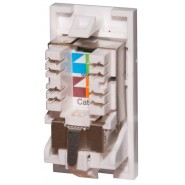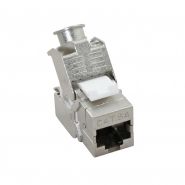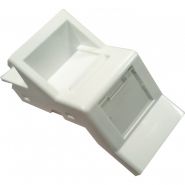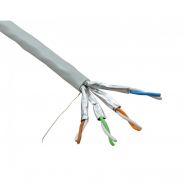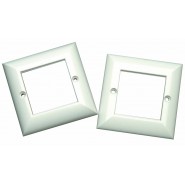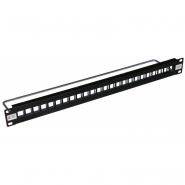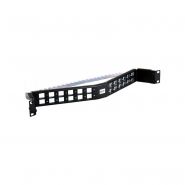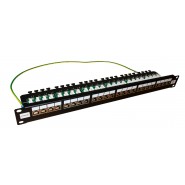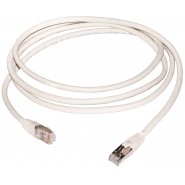Connectix 10G Solution
A problem that occurs in a wide number of diverse applications is the requirement for high-speed data networking without having to use expensive fibre optic cabling.
Today high-speed data networks are widely deployed to provide data connectivity for a wide range of applications such as video streaming, multicasting, and voice communications. The most commonly used technology for high-speed data networking is copper cabling, which has a number of drawbacks.
While optical fibre technology has a long history of providing high-performance networking, the cost of fibre optic cabling was initially prohibitive, and distance limitations resulted in a limited deployment. In the meantime, copper cabling was being employed by wireless LANs.
It is important to distinguish the difference between a LAN and a wireless LAN. A wireless LAN typically referred to as 802.11n, is in effect a quick-Upgrade to the 802. Connectix Category 6A has been designed to provide the exceptional performance required to support extremely high-speed applications, including 10-Gigabit Ethernet.
While fibre optic cabling does offer exceptional performance for transmitting data, fibre optic cabling is expensive and is typically limited to short distances due to signal attenuation. Connectix Category 6A has been designed to fill the requirement to support extremely high-speed applications, including 10-Gigabit Ethernet, long distances, and thicker cable specification requirements.
Connectix Category 6A provides high-speed networking over a range of distances up to 400m. The improved performance offered by Connectix Category 6A over fibre optic cabling is a result of a combination of unique transmission techniques.
The link itself is free and clear. Unlike light signal propagation, electrical signal propagation does not affect the link, as electrical noise cannot travel faster and further than electromagnetic signals.
Browse our range of Connectix Category 6A products today for all of the needs of your project. If it's still not clear what you need, why not talk to one of our experts?

